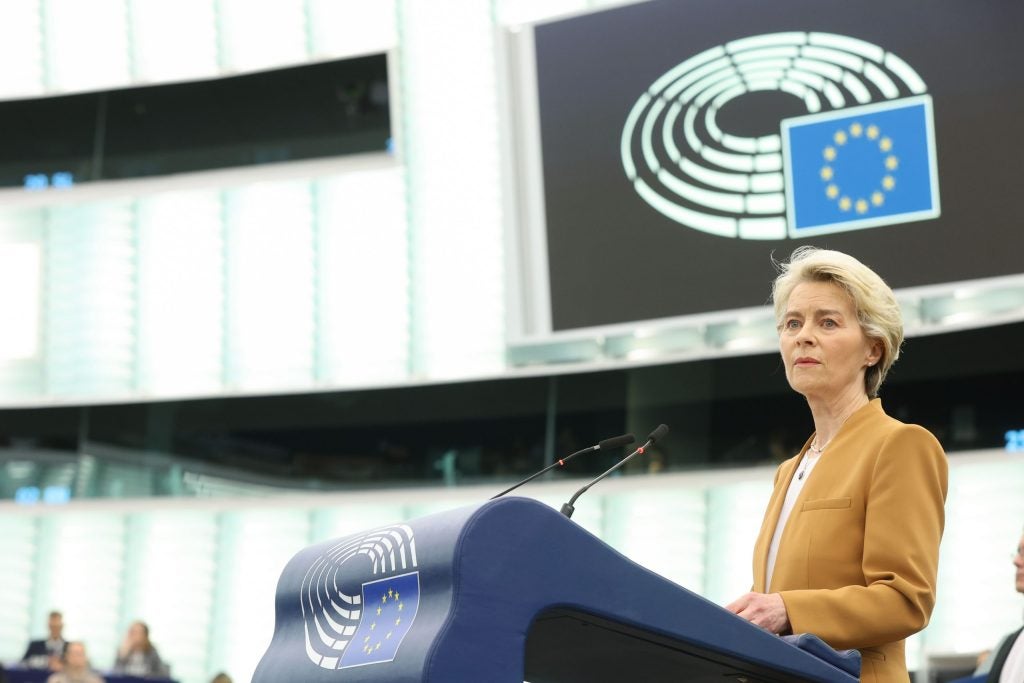European Commission President Ursula von der Leyen and Alberto Fernández, the President of Argentina, signed a memorandum of understanding (MoU) on Tuesday to establish a partnership between the EU and Argentina on raw materials value chains.
The Commission announced in a press release on Tuesday that the MoU aims to ensure the development of a “secure and sustainable” supply of the raw materials needed for energy transition technologies such as electric vehicles. It also aims to develop a sustainable raw materials industry “to the mutual benefit of both sides”. Argentina is a producer of copper and holds one of the world’s largest lithium reserves.
“I am glad to sign this partnership between the EU and Argentina for the development of sustainable raw materials value chains… It is a big step forward for the EU's climate ambitions and it is beneficial to Argentina as a key global player in the clean energy transition,” said Von der Leyen.
“A partnership based on shared commitments to a greener, digital and more resilient future for all,” she added, calling the agreement a “win-win”.
The agreement will be based on five areas of cooperation, beginning with the integration of sustainable raw materials value chains. This will be made possible mainly through joint project development, new business models, and the promotion and facilitation of trade and investment routes.
It will also include cooperation on research and innovation within the raw materials value chains, focusing on the minimisation of the industry’s environmental impact and the circular economy, as well as cooperation on environmental, social and governance criteria. The partnership will also look aim to strengthen education and training programmes regarding sustainable raw materials production.
Both sides will develop an operation road map within the next six months. It will be supported by the EU's Global Gateway Investment Agenda for Latin American and the Caribbean strategy.
The EU has already signed agreements on raw materials with Canada and Ukraine in 2021, and Kazakhstan and Namibia last year.









